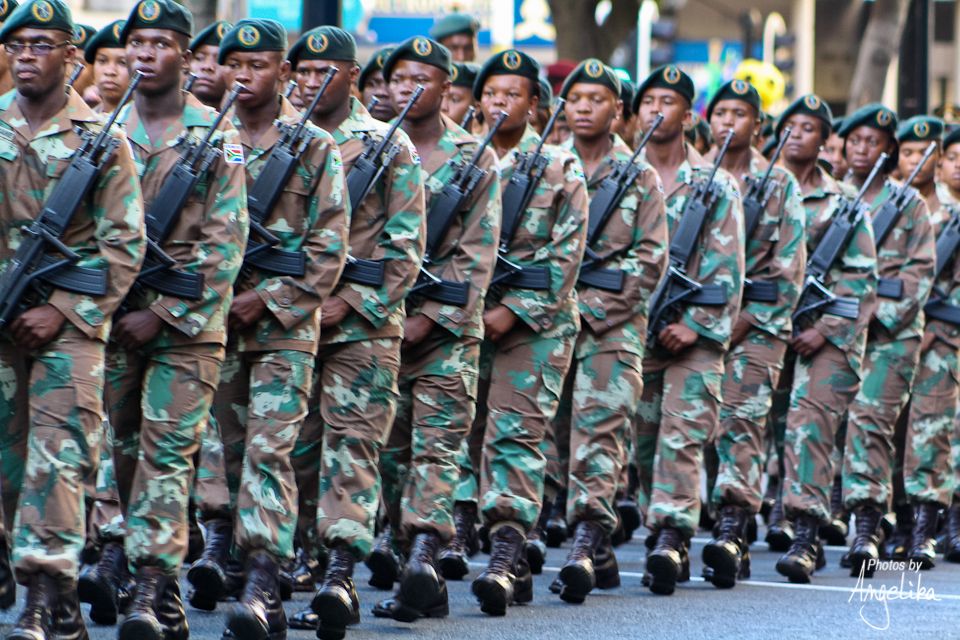As residents on the Cape Flats intensify their call to have the army deployed to gang-dominated areas, a specialist in policing says that that call needs to be heeded by local government, civil servants and and politicians.
Crime researcher Eldred De Klerk says the initial idea of having the army deployed to gang hot spots was hesitant but now there seems to be a growing plea from residents who say they feel insecure and drastic measures need to be taken.
“If the army is able to be brought into our communities and provide a reassuing presence for ordinary people, to even momentarily, provide them relief from the terror and scourge of gangsterism, then let’s deploy the army. They can put in place a secure cordoned off place for people, they can monitor, restrict and control the movement of both goods and people in those townships. In the short term, maybe that’s what we should afford our people who are terrified about what’s taking place in their communities,” De Klerk explained.
However, De Klerk believes that this is not enough to eradicate gang violence in its entirety. A multi-layered approach from government and political leaders is needed in order to take back control of local neighbourhoods. Furthermore, as a second need, De Klerk says, good information and police intelligence is of utmost importance.
“If the army can provide police with the opportunities to carry out their operations, much like what we’ve seen from then on the back of the xenophobic attacks, police can then move in to hotspots and arrest suspects for whom they have warrants, they can seize illegal firearms and drugs,” De Klerk continued.
In an attempt to address the gang problem in the province, De Klerk said focus should be put back onto what the then gang unit, the Scorpions had achieved through their specialised operations.
“We need to strengthen our Hawks, strengthen our investigating capacity and our prosecuting services so we have people focusing on these cases and bringing them to court. There is no easy strategy however, we do need, in some way, to respond to the cry from our communities for some sort of respite from the violence within the communities,” De Klerk reiterated.
While police say they are under resourced in many gang infested communities, De Klerk believes the path to addressing the situation goes beyond just the training of civil servants. According to De Klerk, organised crime will adapt to any circumstances, so our political world needs to adapt and adopt other strategies.
“Our police are tied up in the old ways of doing things. We do need a different style and feel to our police. We need targeted police operations, we have very bright people in our police whom we can learn from. They need to be given the room and command to be able to do. We also need inter-agency work.
“We always talk about an integrated approach yet what we find is that government departments are not good at working together. They just don’t have the systems and the language to effectively execute good joint operations. Beyond the police, we need to the education department, health, and city council to be able to account for who is in every city council house. They seem to be unable to do that,” De Klerk stated.
Lastly, De Klerk said both provincial and local government needs to find a way to work together. However, there will be a kick back from gangsters, he says, adding that there are real risks to this.
“We as the community need to say that if the people are working in our interest, we are not allowing them to become victims. It is time for our communities to work together with our designated authorities to actually deal with this problem,” De Klerk concluded. VOC (Ra’eesah Isaacs)






 WhatsApp us
WhatsApp us 

